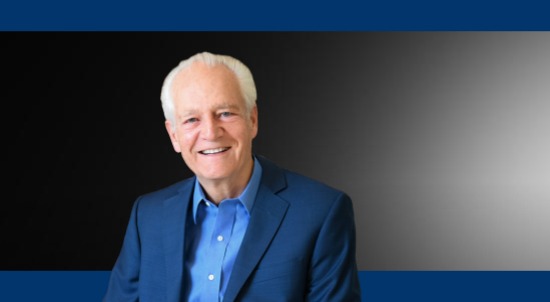
The Psychology, Biology and Politics of Food
Published: Fall 2008
Description
This course encompasses the study of eating as it affects the health and well-being of every human. Topics include taste preferences, food aversions, the regulation of hunger and satiety, food as comfort and friendship, eating as social ritual, and social norms of blame for food problems. The politics of food discusses issues such as sustainable agriculture, organic farming, genetically modified foods, nutrition policy, and the influence of food and agriculture industries. Also examined are problems such as malnutrition, eating disorders, and the global obesity epidemic; the impact of food advertising aimed at children; poverty and food; and how each individual’s eating is affected by the modern environment.
Course Takeaways
- Topics include taste preferences, food aversions, the regulation of hunger and satiety, food as comfort and friendship, eating as social ritual, and social norms of blame for food problems.
Meet the Instructors
 Kelly D. Brownell is James Rowland Angell Professor of Psychology, Professor of Epidemiology and Public Health, and Director of the Rudd Center for Food Policy and Obesity at Yale, where he also served as Chair of the Department of Psychology and Master of Silliman College. He has published 14 books and more than 300 scientific papers and received awards from a number of professional organizations. He was elected to the Institute of Medicine and in 2006 Time magazine listed Kelly Brownell among “The World’s 100 Most Influential People” in its special Time 100 issue featuring those “…whose power, talent or moral example is transforming the world.
Kelly D. Brownell is James Rowland Angell Professor of Psychology, Professor of Epidemiology and Public Health, and Director of the Rudd Center for Food Policy and Obesity at Yale, where he also served as Chair of the Department of Psychology and Master of Silliman College. He has published 14 books and more than 300 scientific papers and received awards from a number of professional organizations. He was elected to the Institute of Medicine and in 2006 Time magazine listed Kelly Brownell among “The World’s 100 Most Influential People” in its special Time 100 issue featuring those “…whose power, talent or moral example is transforming the world.



